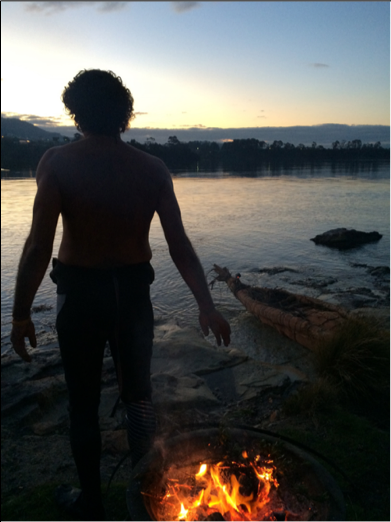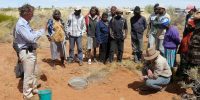Oceania includes an extreme diversity of peoples and contexts ranging from the large countries of Australia and New Zealand and the land mass of New Guinea to 13 independent Pacific Island Countries and dependent island territories. In this region, ICCAs support the reclamation of lands, seas and rights for Indigenous peoples. Historically, Oceania’s peoples have been the most recent to endure colonization and still now are facing new forms of neocolonization. Now, rising sea levels and loss of biodiversity gravely threaten external sovereignty.
Though the region is often referred to as a single entity it is in fact an extremely humanly diverse region with over one thousand different ethnic groups and languages. The four westernmost Melanesian countries consistently rate amongst the 15 most culturally and linguistically diverse countries at a global level whether measured in terms of ethnic groups, religions or languages and adjusted for population size or land area. The total variety exhibited by the world’s natural and cultural systems, known as biocultural diversity, is also extremely high for the Melanesian countries.
Victor Steffensen Revitalizes Crucial Traditional Burns and Skills in Australia
A billion animals burned to death, Australia’s East Coast on fire, Australia’s PM, Scott Morrison on vacation in Hawaii… Could this have been averted? Victor Steffensen, indigenous Australian and Snowchange regional coordinator for Australia thinks so. Article by Tero Mustonen, ICCA Consortium Council Member and Snowchange representative. Read more ▸
Tasmania – After a long journey, World Heritage Area delivers Indigenous rights
By: Emma Lee and Fiona Hamilton, Board Directors for melythina tiakana warrana Aboriginal Corporation. Our peoples, Tasmanian Aboriginal peoples, have suffered global injustice as… Read more “Tasmania – After a long journey, World Heritage Area delivers Indigenous rights” ▸





